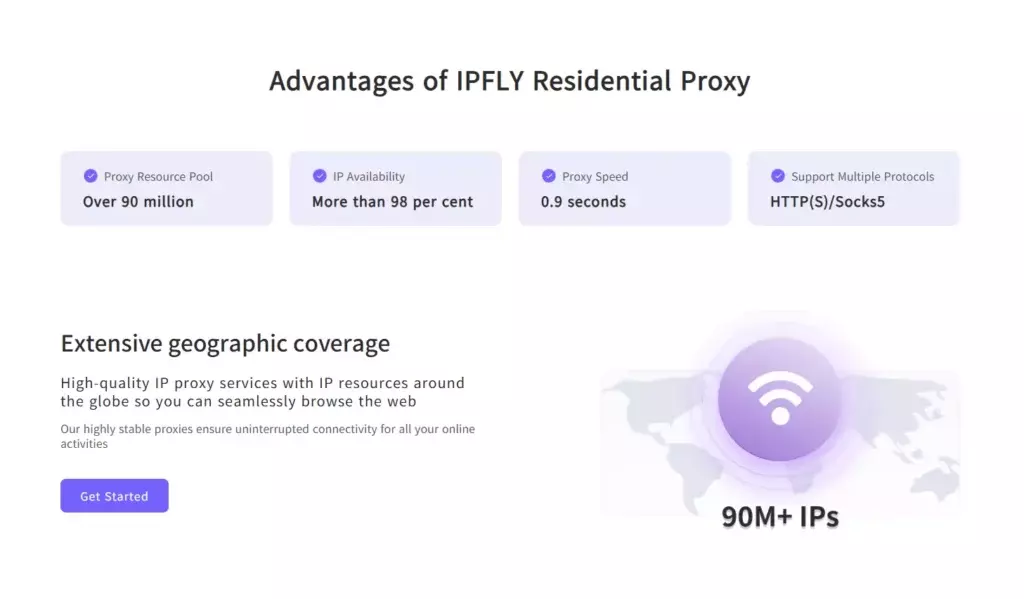With Japan becoming a hotspot for e-commerce, entertainment, and digital marketing, the demand for JP proxy servers is higher than ever. Whether you’re a global seller, marketer, or researcher, having a reliable Japanese IP can make a big difference in accessing local content, running campaigns, or scraping data.
However, not all JP proxies are the same. Choosing the wrong provider or proxy type can lead to slow connections, blocked IPs, or inaccurate data. In this guide, we’ll cover everything you need to know to choose the best JP proxy server in 2025.

- Datacenter JP Proxies
- Offer faster speeds at lower costs.
- Ideal for tasks where performance is more important than IP reputation, such as bulk scraping.
- It may be flagged more easily on strict platforms, so careful usage is necessary.
Pricing Considerations
JP proxies come in different pricing models:
- Per IP: Pay for each dedicated Japanese IP. Often used for long-term sessions or specific accounts.
- Bandwidth-based: Pay based on traffic usage. Suitable for data scraping or streaming.
- Subscription plans: Fixed monthly fees for access to rotating IPs or pools.
Avoid free proxies—they are often unstable and unsafe and can compromise sensitive data.
Comparing JP Proxy Providers

Several proxy providers offer Japanese IPs. Key factors to compare include:
- Coverage: Number of Japanese IPs and geographic distribution.
- Reliability: Success rate of connections without blocks.
- Support: Availability of customer service and technical assistance.
- Pricing: Cost-effectiveness for your scale of usage.
Providers like IPFLY stand out due to their massive IP pool of 90M+ IPs, strong Japanese coverage, and a mix of dynamic and static residential proxies. IPFLY’s proxies are suitable for both business and e-commerce use, ensuring consistent access and minimal risk of IP bans.
How to Ensure You Get the Right JP Proxy
- Define your use case: streaming, scraping, SEO, or multi-account management.
- Select the proxy type: residential for sensitive tasks, datacenter for performance.
- Check provider reputation: look for uptime guarantees, responsive support, and verified user feedback.
- Test before committing: Many providers offer trial IPs or small packages to ensure compatibility.
- Rotate IPs wisely: Use dynamic residential proxies when running automation or bulk tasks to reduce detection.
Conclusion

Choosing the best JP proxy server in 2025 requires balancing speed, reliability, and anonymity. Residential proxies excel in security and authenticity, while datacenter proxies provide performance at a lower cost. A trusted provider like IPFLY simplifies this choice with robust Japanese coverage, multiple proxy types, and large IP pools.
For businesses, marketers, and global e-commerce sellers, selecting the right JP proxy is not just a technical decision—it’s a strategic business advantage.


